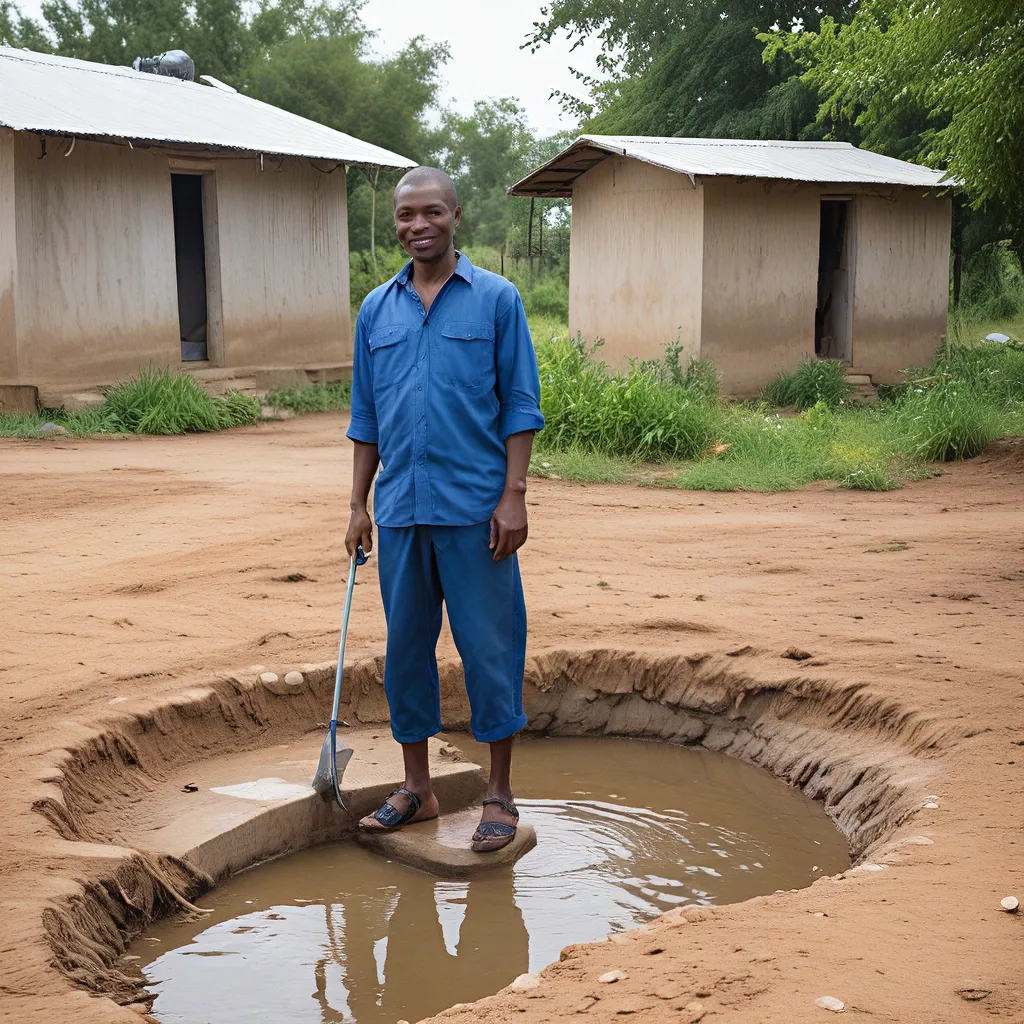
In the vast tapestry of our world, there are countless communities, both rural and remote, that struggle with a fundamental human right – access to proper sanitation. While the privileged among us take flushing toilets and wastewater treatment for granted, the reality is that millions lack these basic necessities. However, a revolutionary solution is on the horizon, and it comes in the form of decentralized wastewater treatment systems.
The Sanitation Crisis: A Global Challenge
Imagine a world where open defecation and untreated sewage contaminate vital water sources, leading to the spread of life-threatening waterborne diseases. This is the harsh reality faced by many underserved communities, particularly in developing nations. Centralized wastewater treatment plants, the traditional solution, are often prohibitively expensive to build and maintain, leaving these areas without a viable option.
Decentralized Wastewater Treatment: A Paradigm Shift
Decentralized wastewater treatment systems offer a game-changing alternative, transforming the way we approach sanitation. These innovative solutions are designed to treat wastewater at or near the source, reducing the need for extensive sewage infrastructure and the associated costs. By empowering local communities, these systems have the potential to revolutionize access to clean water and proper sanitation, leaving no one behind.
Onsite Treatment Technologies
At the core of decentralized systems are onsite treatment technologies that harness the power of natural processes to purify wastewater. Septic tanks, for instance, separate solid waste from wastewater, allowing anaerobic bacteria to break down the organic matter. Anaerobic digesters go a step further, promoting the breakdown of organic matter in the absence of oxygen, and even producing biogas as a valuable byproduct.
Constructed Wetlands: Nature’s Water Filters
Another key component of decentralized wastewater treatment is constructed wetlands. These ingenious systems leverage the natural purifying abilities of plants and microorganisms to filter and treat wastewater before it is released back into the environment. By mimicking the self-cleaning processes found in natural wetlands, constructed wetlands offer a sustainable and eco-friendly solution.
Packaged Treatment Units: Compact Powerhouses
In addition to onsite technologies and constructed wetlands, packaged treatment units are revolutionizing the decentralized wastewater landscape. These compact, engineered systems combine various treatment processes in a small footprint, making them highly portable and efficient. Suitable for diverse applications, packaged treatment units are a game-changer for communities with limited resources or remote locations.
The Advantages of Decentralized Systems
The benefits of embracing decentralized wastewater treatment solutions are numerous and far-reaching.
1. Cost-Effective Implementation
Compared to the hefty price tag of large-scale centralized infrastructure, decentralized systems often require lower upfront investments, making them a financially viable option for resource-constrained areas.
2. Adaptability to Local Conditions
These systems can be customized to suit local topography, population density, and water usage patterns, providing a tailored solution for each community’s unique needs.
3. Reduced Environmental Impact
By treating wastewater at the source, decentralized systems minimize the environmental impact associated with the transport and discharge of untreated sewage.
4. Community Involvement and Ownership
Decentralized systems often involve local communities in their installation and maintenance, fostering a sense of ownership and promoting sustainable usage practices.
Case Studies: Decentralized Sanitation in Action
Sulabh International: Transforming India’s Sanitation Landscape
In India, the remarkable work of Sulabh International has demonstrated the power of decentralized sanitation models. By implementing biogas-producing toilets and other innovative solutions, Sulabh has addressed the sanitation needs of countless rural communities, improving public health and empowering local residents.
The Peepoo Bag: A Transformative Solution in Kenya
Another inspiring example comes from Kenya, where the Peepoo bag has emerged as a decentralized sanitation solution. This ingenious product transforms human waste into fertilizer, providing a sustainable and hygienic alternative in areas with limited access to traditional sanitation facilities.
Embracing the Future of Wastewater Treatment
As the world strives to achieve universal access to sanitation, the adoption of decentralized wastewater treatment technologies will be crucial in leaving no one behind. By empowering rural and remote communities with cost-effective, adaptable, and environmentally-friendly solutions, we can pave the way for a future where clean water and proper sanitation are not luxuries, but fundamental human rights.
The journey towards this vision has already begun, with Fluence Corporation at the forefront of the movement. By merging the breakthrough technologies of Emefcy and the proven delivery platforms of RWL Water, Fluence is poised to become the leading global provider of innovative water and wastewater solutions. Their commitment to decentralized and packaged treatment options is a testament to the transformative power of this approach.
As I reflect on the potential of decentralized wastewater treatment, I can’t help but feel a sense of excitement and optimism. The path forward may not be without its challenges, but with the ingenuity and dedication of individuals and organizations like Fluence, I’m confident that we can overcome the sanitation crisis and empower even the most remote and underserved communities. After all, access to clean water and proper sanitation is not just a fundamental human right, but a cornerstone of sustainable development and a healthier, more equitable world for all.
Explore our decentralized wastewater treatment solutions to learn more about how we can help transform your community.